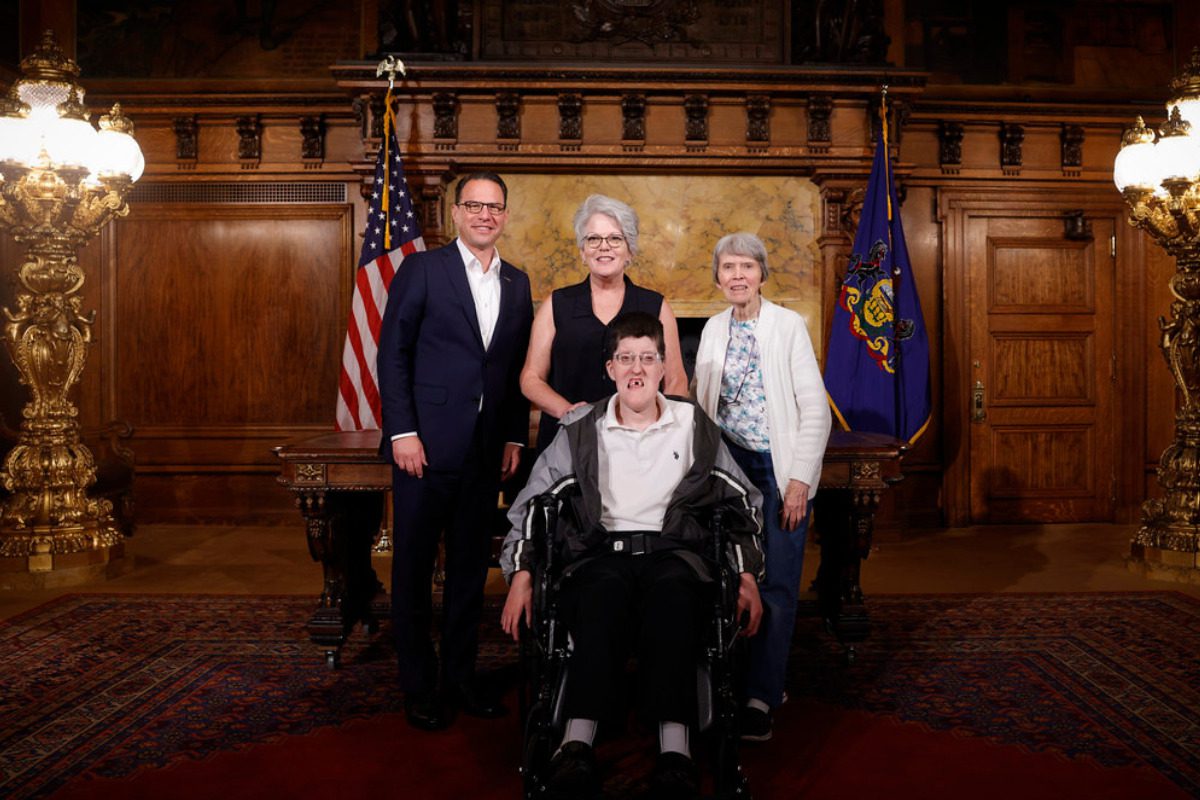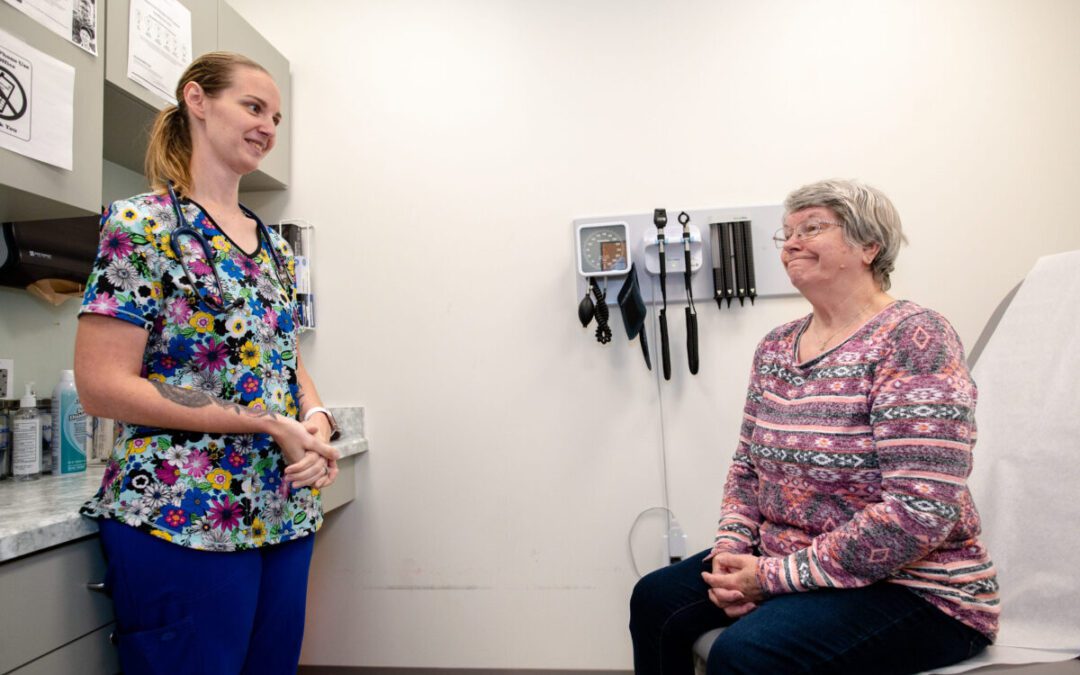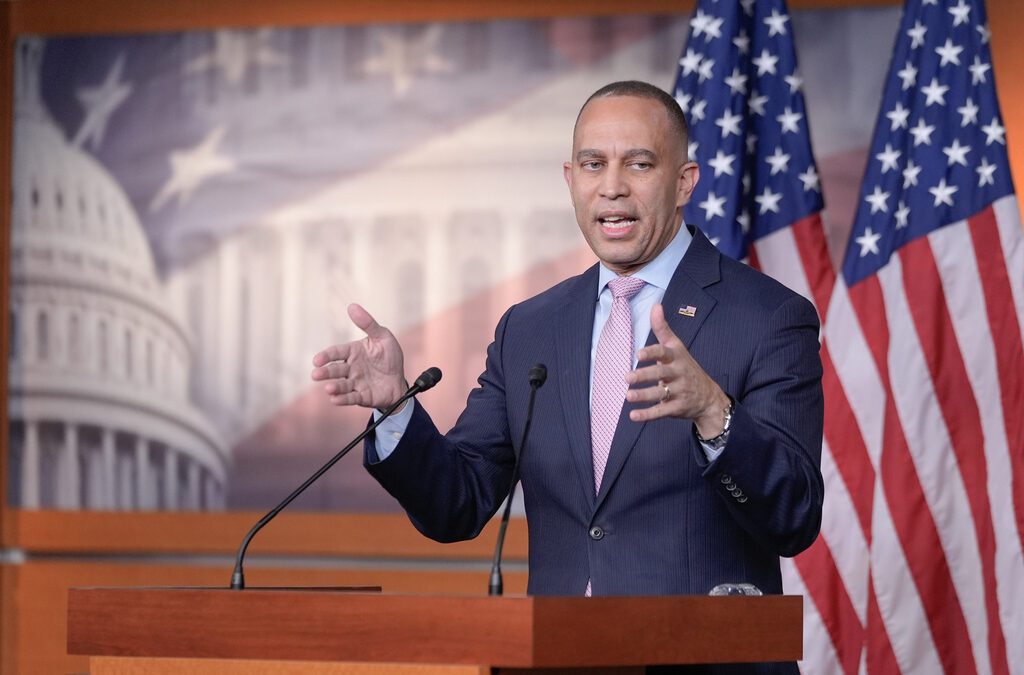
Governor Josh Shapiro made intellectual disabilities and autism a top budget priority in the current state budget.
In this op-ed, disability advocate Gary Blumenthal emphasizes the urgency for Governor Josh Shapiro to address a $93 million funding shortfall for Intellectual Disabilities and Autism (ID/A) services in Pennsylvania’s FY 24/25 budget, ensuring families, caregivers, and Direct Support Professionals receive the critical support they deserve.
As the dust settles from the 2024 election, Pennsylvania’s leaders must now prepare for the 2025 Legislative Session and the forthcoming Fiscal Year 24/25 budget debate, as families, caregivers, and individuals in the Intellectual Disabilities and Autism (ID/A) community look to Governor Josh Shapiro to champion crucial funding needs.
Last year’s budget delivered a historic funding boost for ID/A services, reflecting Governor Shapiro’s deep commitment to this essential community. However, the final enacted budget fell $93 million short of the Governor’s proposed funding—a shortfall that continues to impact ID/A resources today. Now, the six ID/A state associations are hopeful that Governor Shapiro will take decisive action to close this funding gap by restoring the full level recommended through an actuarial study conducted in alignment with Pennsylvania’s official Rules and Regulations. This would fulfill the commitment made in last year’s budget and provide the critical support needed for the ID/A community.
Shapiro has passionately highlighted the challenges faced by elderly parents in their 60s, 70s, and even 80s, who are forced to serve as direct support professionals (DSPs) for their adult children due to workforce shortages. “Imagine if this was your reality,” Shapiro told lawmakers last session, “if you couldn’t find the services they need…because the state refuses to raise our rate.”
Governor Shapiro and the General Assembly also pledged to eliminate the emergency “waiver” waiting list, enabling thousands of individuals to access the services they need. Over the past year, more than 1,500 people were informed that they are now eligible for an official waiver, qualifying them for funding support. However, while reducing the waiver waiting list is a positive step, the reality remains challenging: unless families and providers can find Direct Support Professionals (DSPs) willing to work at the low rates set by the Commonwealth, the waiver becomes little more than a bureaucratic designation, offering no real increase in services for hundreds or even thousands of individuals with ID/A.
To fill these gaps, the state has encouraged family members to step in as DSPs, with some compensated for their work. This temporary solution provides relief for some, but it places a heavy and unsustainable burden on elderly parents. The current system relies on these families to fill gaps left by the workforce crisis, forcing them to shoulder roles they are not physically or emotionally able to perform.
Dr. Val Arkoosh, Secretary of the Department of Human Services, has been another powerful advocate for the ID/A community, speaking to the urgency of this crisis during visits across the state during the past year. “The time to invest in these services and supports is now,” she wrote in a statewide op-ed published this year. She appealed to lawmakers to understand the extraordinary sacrifices made by parents and caregivers who are stretched to their limits.
In last year’s budget negotiations, both Republican and Democratic members recognized the essential role that DSPs play in providing stability and care for vulnerable individuals. This bipartisan acknowledgment marked a significant step forward. However, the $93 million funding shortfall has left families without full access to the services for which they are eligible, leaving critical needs unmet.
The ID/A community recognizes that systemic change cannot happen overnight, especially in the face of a decades-long crisis. However, it is crucial for the Commonwealth to remain committed to addressing this crisis with real resources and actual services and supports. Families waiting for services need more than a notification of eligibility—they need a guarantee that services will actually be available. They need DSPs paid a wage that reflects their skill and dedication, and families should not have to fill in for a system that continues to fall short.
Governor Shapiro’s commitment to ID/A funding has been clear, inspiring hope for families across Pennsylvania. Restoring the $93 million shortfall from last year’s appropriation request is not merely a matter of keeping a promise; it’s a vital response to the resilience of Pennsylvania’s ID/A families and the urgency of their needs. These families deserve a system that respects the dignity of individuals with disabilities, acknowledges the indispensable role of DSPs, and honors the profound sacrifices made by parents and caregivers.
As next year’s FY 24/25 budget takes shape, all eyes are on Shapiro to lead with compassion and vision, restoring the full funding needed to stabilize and strengthen Pennsylvania’s ID/A system. Governor Shapiro has shown he understands the stakes, and now it’s time to take the next step. Pennsylvania must rise to the occasion, ensuring that people with disabilities receive the support they deserve, caregivers are honored, and no family is left to carry the weight alone.

It’s 2026 and you’re uninsured. Now what?
It’s 2026, and you’re uninsured. Now what? Renuka Rayasam February 2, 2026 Health policy changes in Washington will ripple through the...

Two community hospitals in York County set to open this spring
Two new community hospitals in York County are expected to open in the spring, according to WellSpan's advertisements. One of the hospitals is just...

Report: Pa. hospitals face increasingly precarious financial future
Financial instability could force closures at more than a dozen Pennsylvania hospitals in the coming five years if state policymakers fail to act...

Pa. Pennie enrollment drops as Congress wrestles with health insurance subsidy vote
Some Pennsylvanians stay enrolled and pay tripled premiums with the hope lawmakers will vote to extend tax credits. Thousands of Pennsylvanians have...

House takes step toward extending Affordable Care Act subsidies, overpowering GOP leadership
Overpowering Speaker Mike Johnson, a bipartisan coalition in the House voted Wednesday to push forward a measure that would revive an enhanced...





